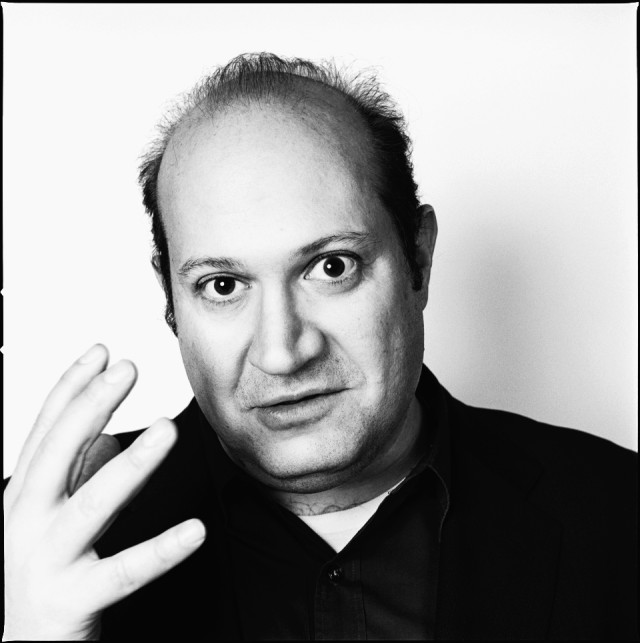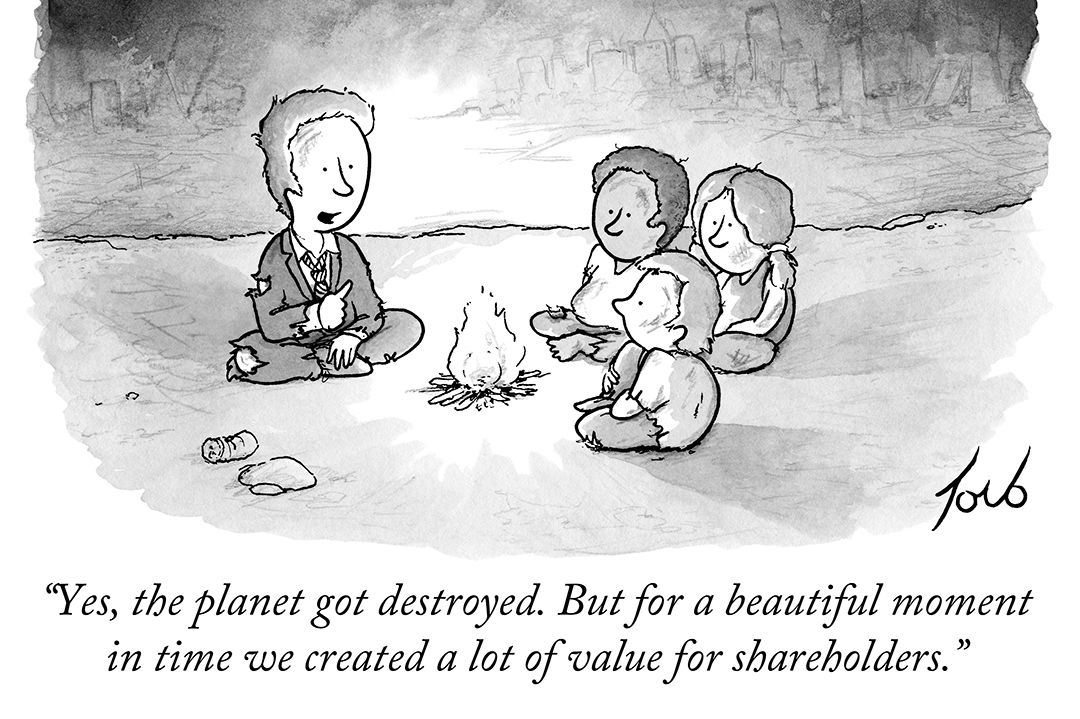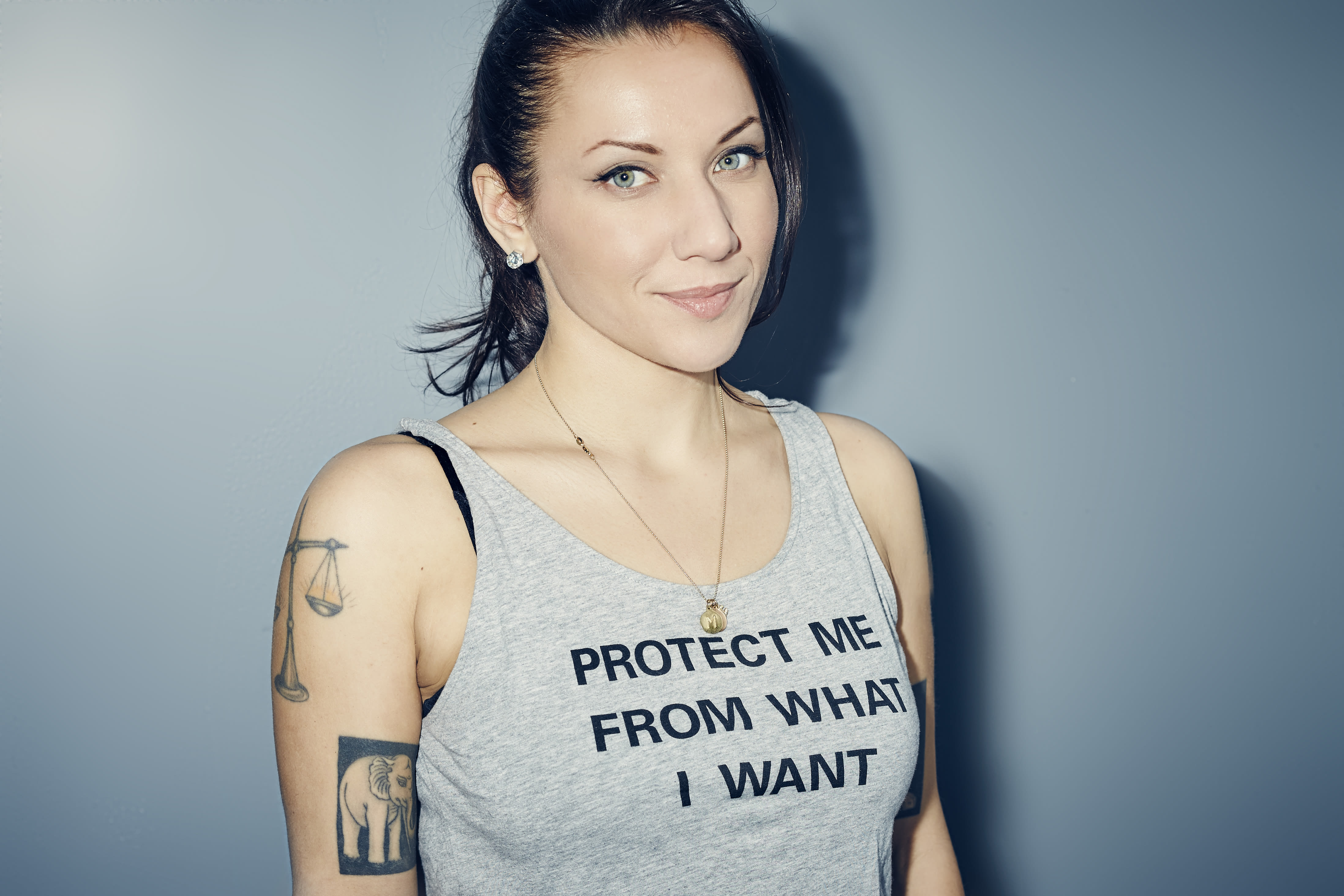Q&A: Author Sam Lipsyte on "The Fun Parts"

Lipsyte will read from The Fun Parts at Powell’s on March 13 at 7:30pm. In anticipation, we spoke with him about his past as a gamer, writing female characters, and the fact that life is never a smooth narrative.
Culturephile: The folks in your stories always seem to be having a hard time. You depict a grim, slightly chubby America limping beneath the burdens of their middle-class, overworked-yet-under-loved lifestyles. However, the tribulations are drenched in a satire that is so comically uncomfortable it makes me want to squirm and laugh at the same time. Is it a struggle for you to mix the right amount of tragedy and humor into a story? Do you ever find yourself thinking–this is too funny or this is too depressing?
Lipsyte: As a writer, you are always revising to get the right balance—or the right imbalance—of moods for a particular piece. The struggle you talk about can seem comic from a distance and tragic up close. I’m always interested in both perspectives.
You seem to be so attracted to these self-conscious, flawed anti-heroes with big egos and low self-esteem. Do you ever consider writing from the point of view of someone who has life all figured out?
Who’s got it figured out?
Fair enough. Let’s talk about the stories. In “The Dungeon Master,” which I believe first appeared in the New Yorker, you enter the cult classic role-playing world of Dungeons & Dragons. Are you a gamer? If not, what attracted you to this odd and ostentatious universe?
I was a gamer in middle and early school. We played D&D and few others like Gamma World and Top Secret. But mostly D&D. It was a fraught time. Our bodies were changing. Our hormonal surges were making us crazy. And it all came out in our campaigns. It was hardly role-playing. And we didn’t play a very majestic game. Our characters led bitter, small-time lives. A lot of drama, that’s what drew me to it.
Sam Lipsyte
Powell's City of Books
March 13 at 7:30pmThe first story in the collection, “The Climber Room,” tells the story of a baby-craving, pre-K teacher named Tovah. You nail this female narrator. What’s it like for you to write from the perspective of a woman? It seems like you have a lot of fun doing it.
There are two stories in the collection told from female points of view, and it was exciting to write them, because I hadn’t really challenged myself that way before. And in some ways, I feel more attuned to those characters than I do to certain men in the book.
Speaking of, in “The Widsom of the Doulas,” you write about Mitch, a male doula—or doulo as he prefers to be called. Are there even male doulas? Where’d the idea for this story come from?
My wife is a childbirth educator and has been a doula, so I’ve gotten free lessons on this stuff for years. I wrote “The Wisdom of the Doulas” a few years ago, and I think things are changing. I recently read about a male birth coach in the UK. It’ll be more common at some point. The idea came from imagining a male doula, and then thinking about what would make a really bad one.
What level of yourself is reflected in your characters, and are your self-conscious, flawed friends extra self-conscious around you, lest they show up in your work?
I think I’m in all of my characters. They are all made of language as it bends through me. I’m not sure what my friends think. If I take from their lives, it’s superficial stuff: A job they had, a kind of car.
Your father, Robert Lipsyte, was a famous sportswriter. Did growing up with a dad as a writer affect your career’s trajectory? Did you want to follow those footsteps–or was there some hesitation? Have you ever tried to write about sports?
Well, I wrote about high school shot-putters in the new collection, so I’m still in the family tradition in some ways. I think growing up as I did I had a wonderful view of what being a writer was all about, which is just writing. And writing. And rewriting. And I learned over time that the only reason to do it is because you love it. After all, it’s really hard and rarely pays well.
I heard a rumor that 21 publishers rejected your first novel. Meaning there’re 21 publishers kicking themselves about missing the author who has since been dubbed by the New York Times as “the novelist of his generation.” What has the experience been like to go from that rejection to such venerable recognition for your work?
My friends used to joke that the number of rejections has gone up since the story got around. We’re at about 78 rejections now. Your number is more accurate, maybe 25 or 26 is the actual figure. Doesn’t really matter. Life isn’t a smooth narrative. It isn’t rise and fall, or as we have it these days, overcome obstacle and then rise and rise. Life has a lot more ups and downs and weird turns. Elements of your life can go well while others don’t. But being recognized for my writing has been extremely gratifying, no question.
It was reported in 2011 that you’re working with HBO on a TV series called “People City.” Is that still happening, and can you tell us about the project and the timeline?
It’s not happening as a TV show. But it may see daylight as a film.
What’re you working on next?
More fiction.
By the way, what are the “fun parts”?
The answer to that will cost you money.




